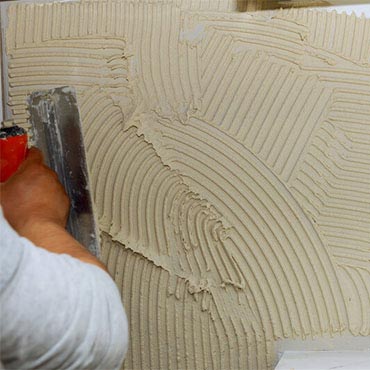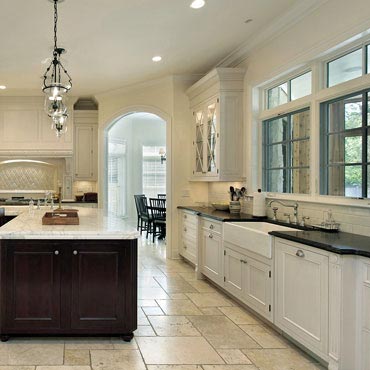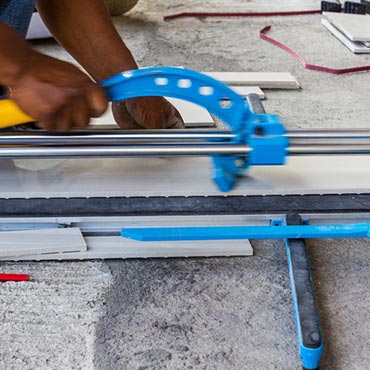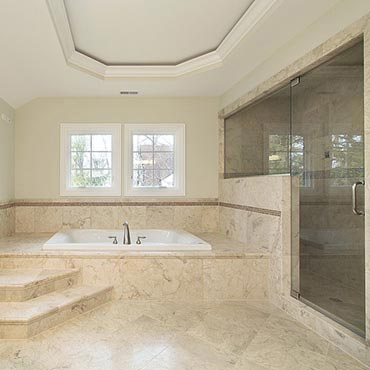

Guide

The use of adhesives offers many advantages over binding techniques such as sewing, mechanical fastening, thermal bonding, etc.

Ceramic tile are clay products which are formed into thin tiles and fired. Ceramic tiles are set in beds of mortar or mastic with the joints between tiles grouted. Varieties of ceramic tiles include quarry tile, porcelain, terracotta.







Marble tile flooring exudes elegance with its rich veining and unique texture. Known for durability, it adds a touch of luxury to any space. Perfect for homes seeking a classic, timeless look. Easy to clean but requires proper maintenance to retain shine.

Slate flooring offers a unique, natural appearance with its rich color palette and textured surface. Known for durability and slip resistance, it's a popular choice for both interior and exterior spaces, adding a touch of elegance.

Natural stone can be cut into a variety of sizes, shapes, and thicknesses for use as flooring. Stone flooring is uses a similar installation method to ceramic tile. Slate and marble are popular types of stone flooring that requires polishing and sealing.

Granite tile offers a sleek, modern appearance, prized for its durability and elegance. Formed from volcanic activity, its unique patterns suit various designs. Resistant to stains and wear, it's a top choice for flooring and countertops.

Limestone tile flooring offers a natural, earthy appearance with unique textures and colors. Its durability and timeless appeal make it a popular choice for various interiors, blending elegance with functionality.

Travertine is a variety of limestone that is created when heated aquifer waters rise to the surface and leave layers of mineral granules. Over time, these deposits cool and crystallize into travertine.


